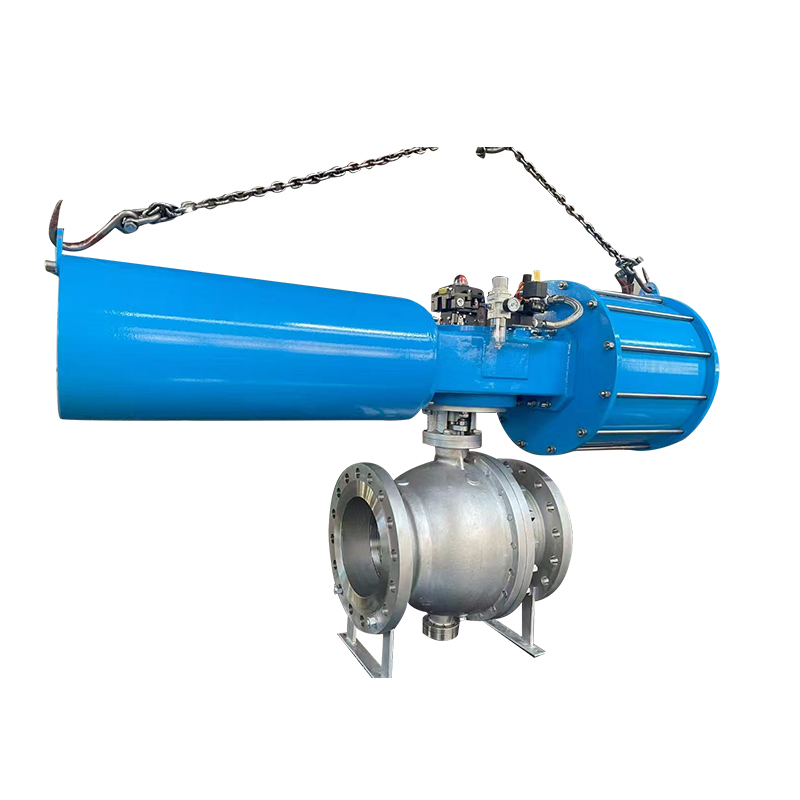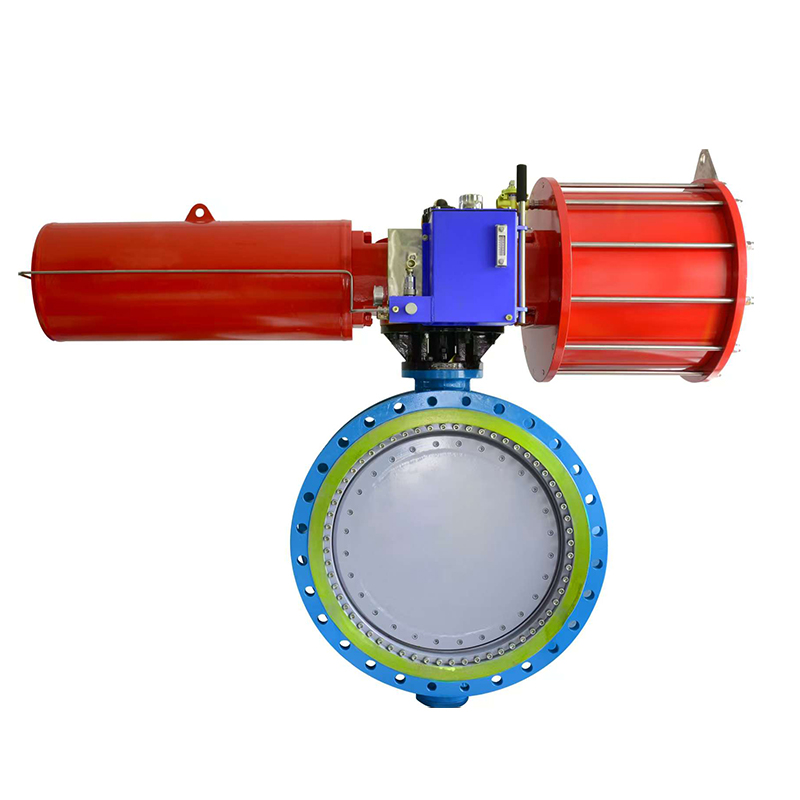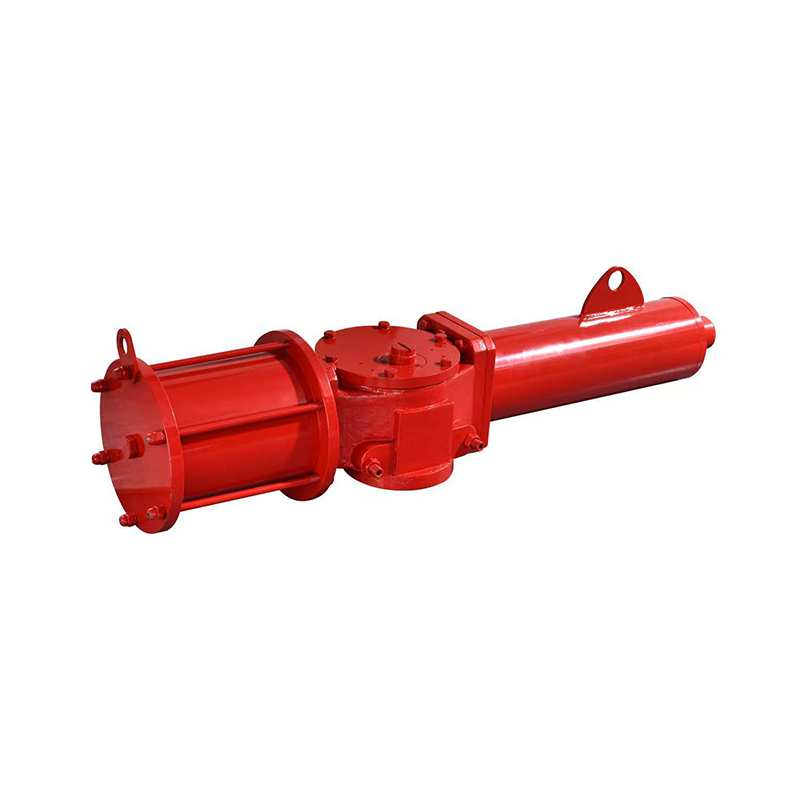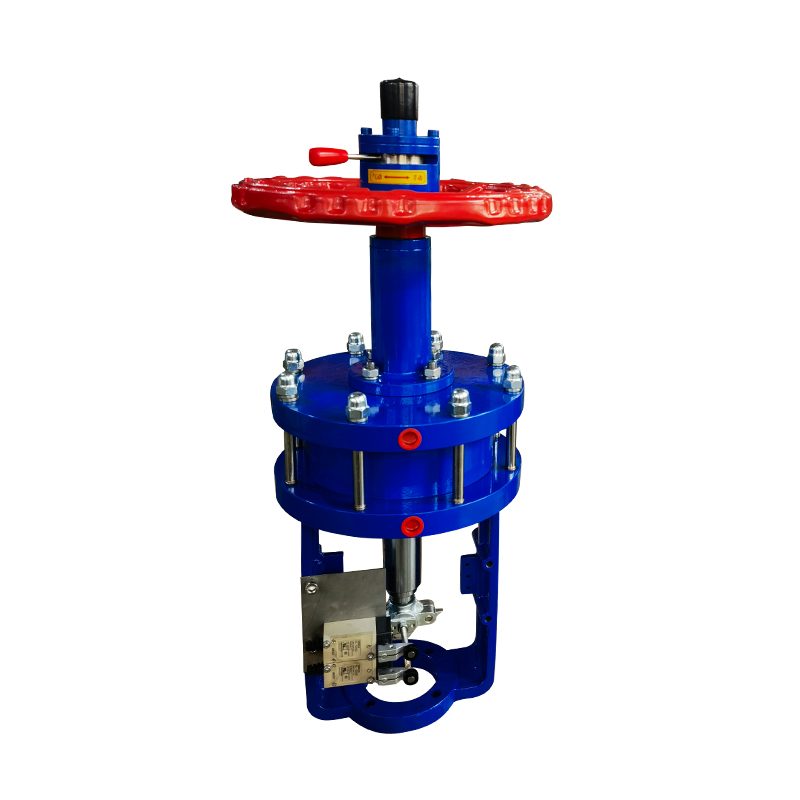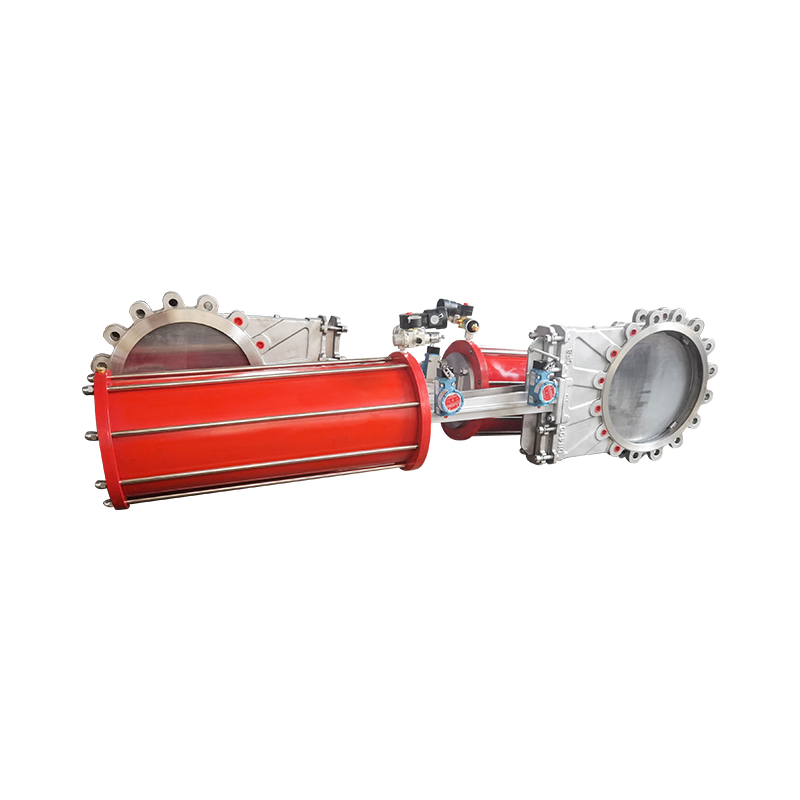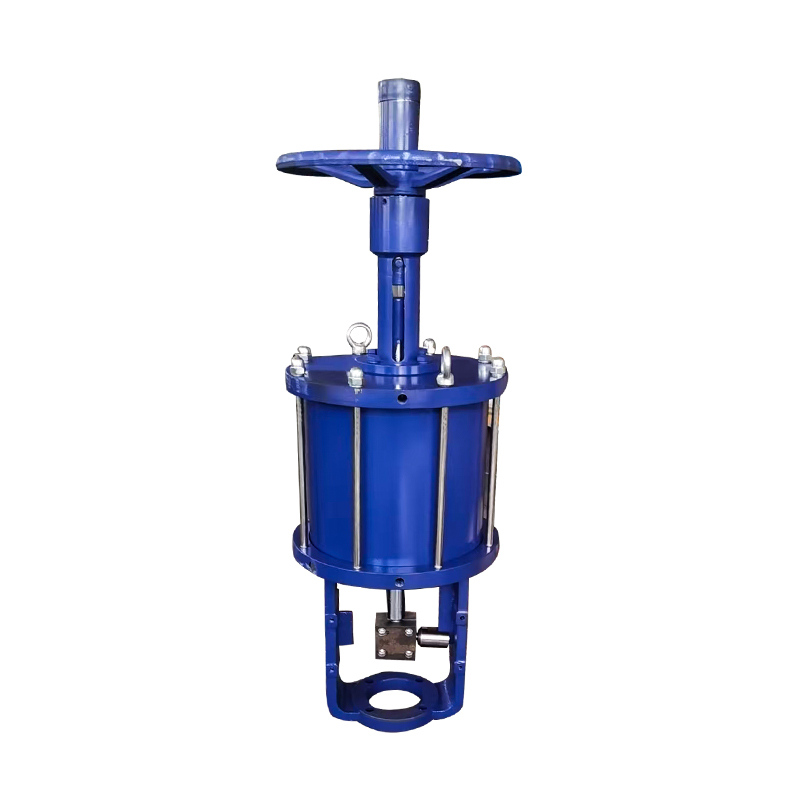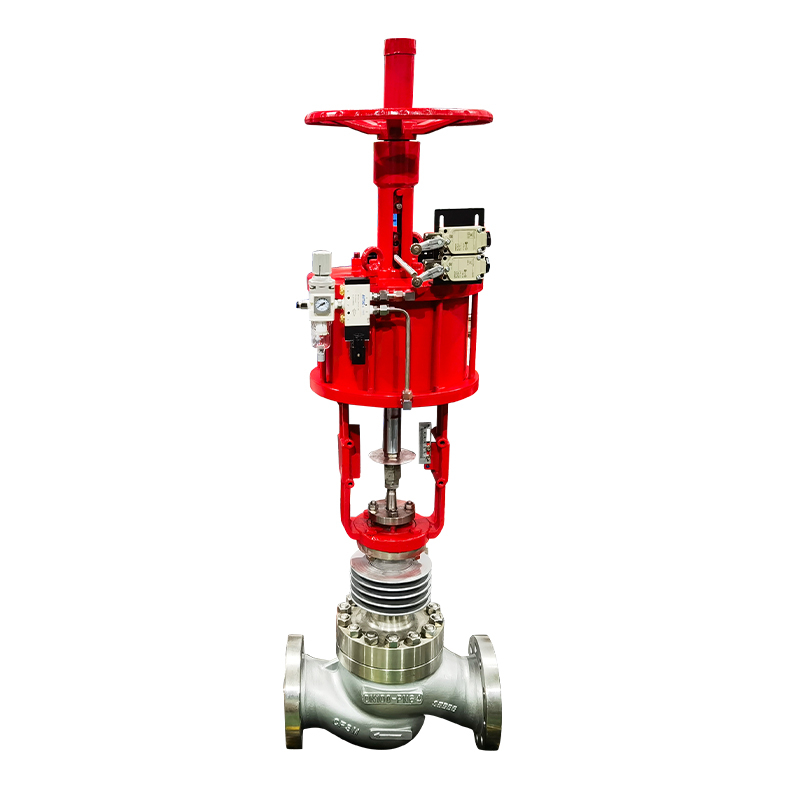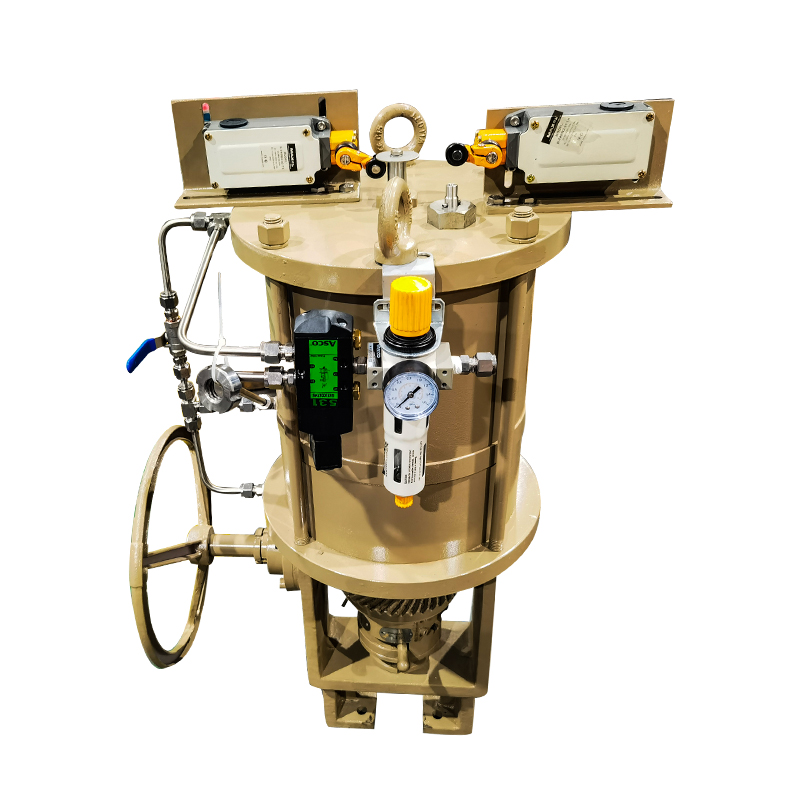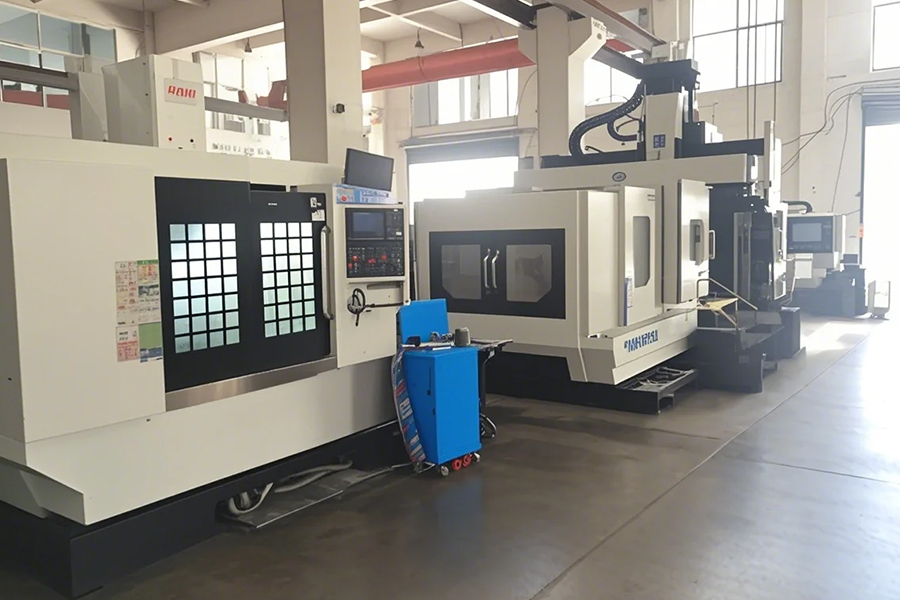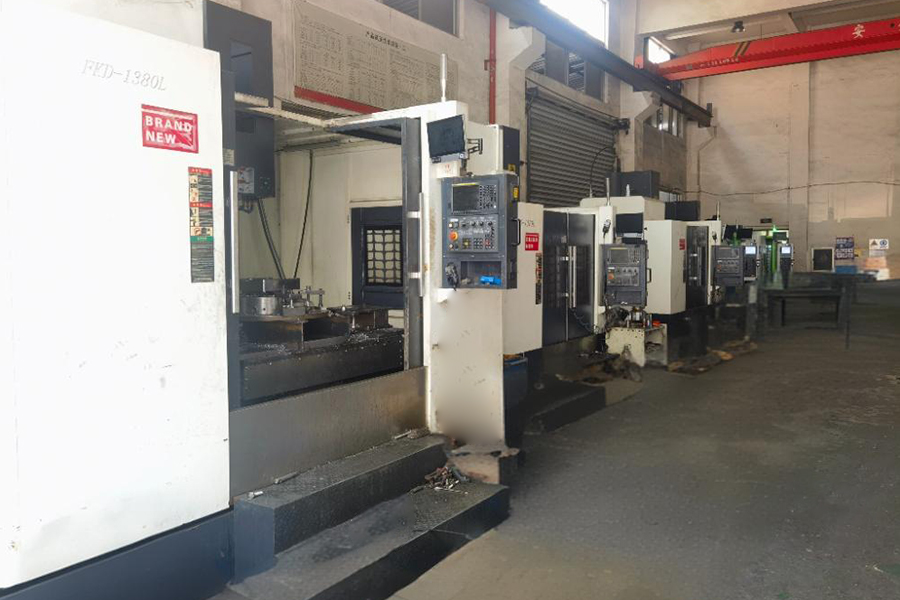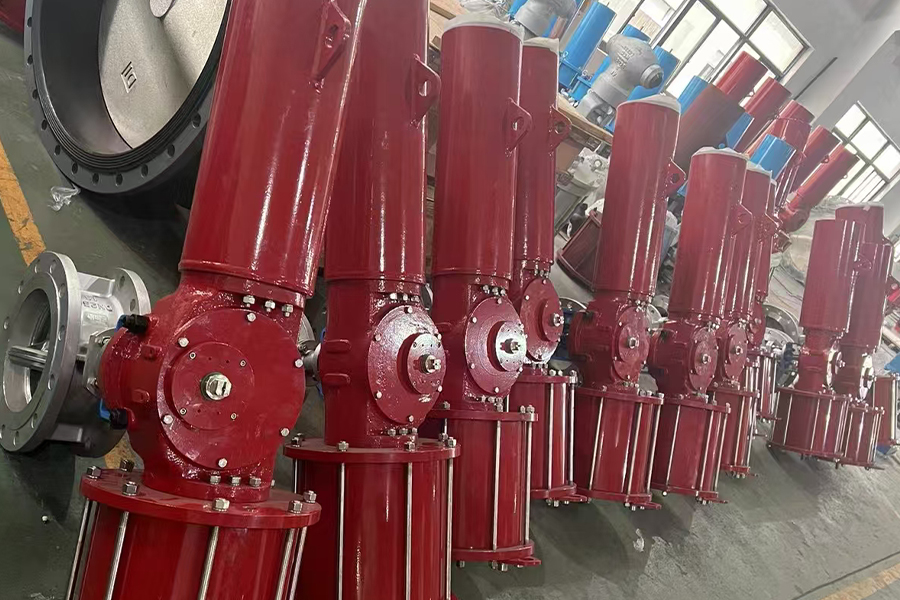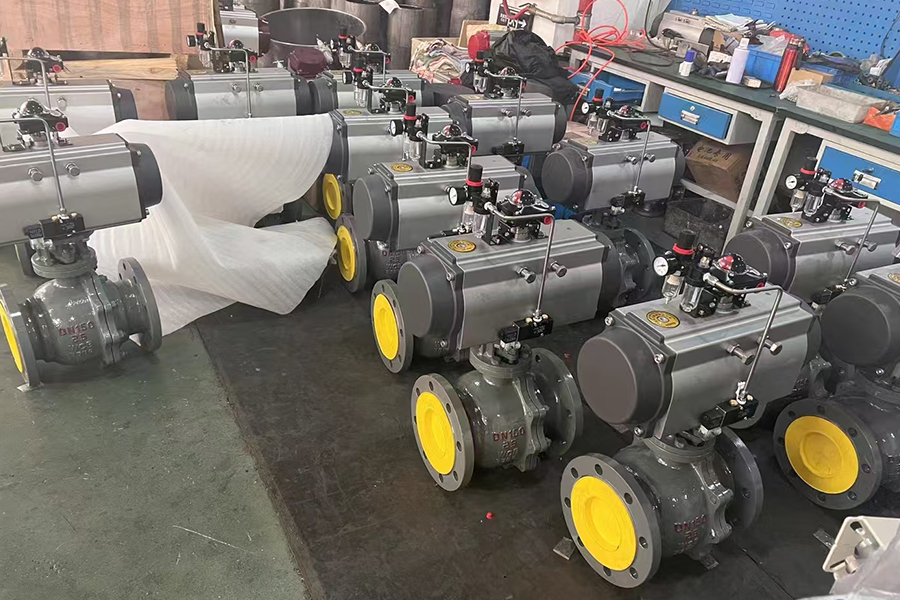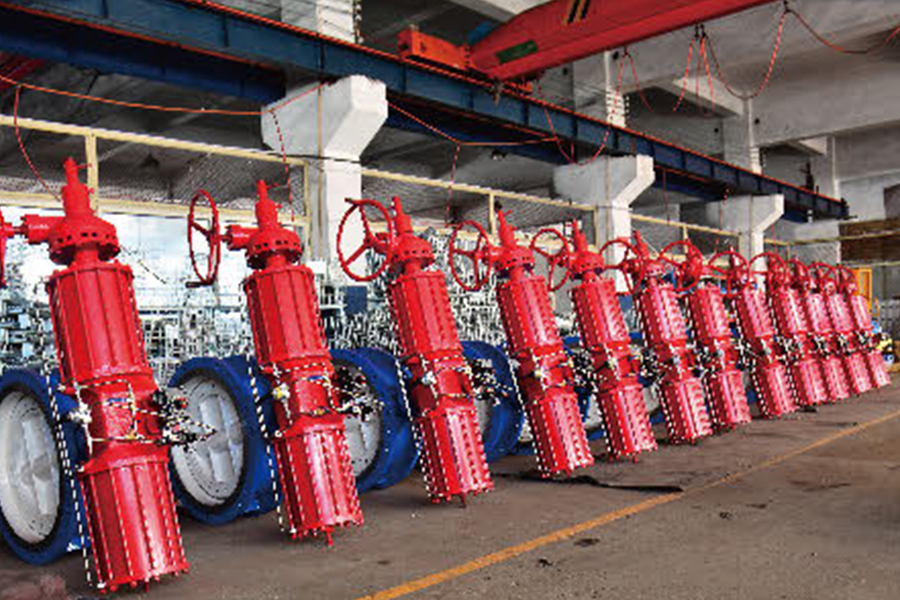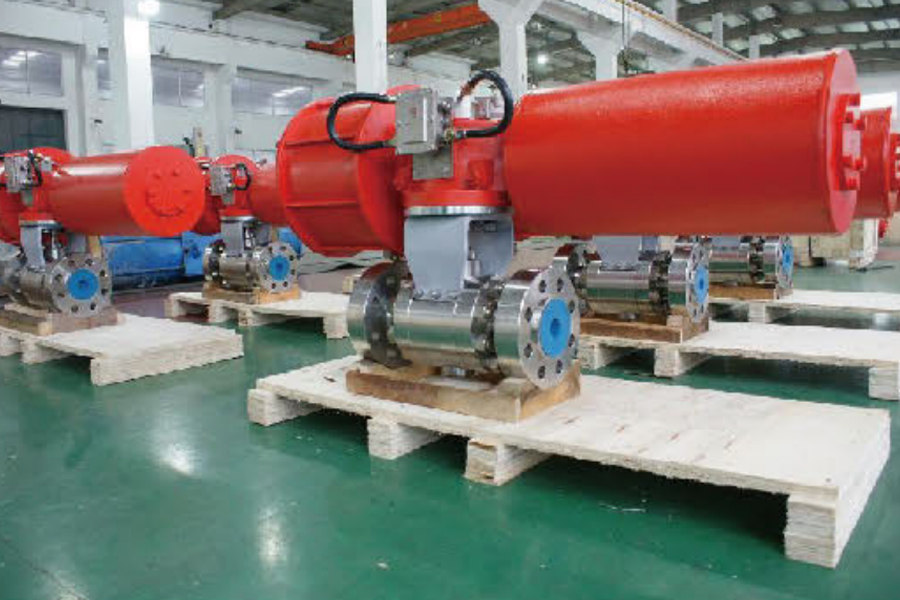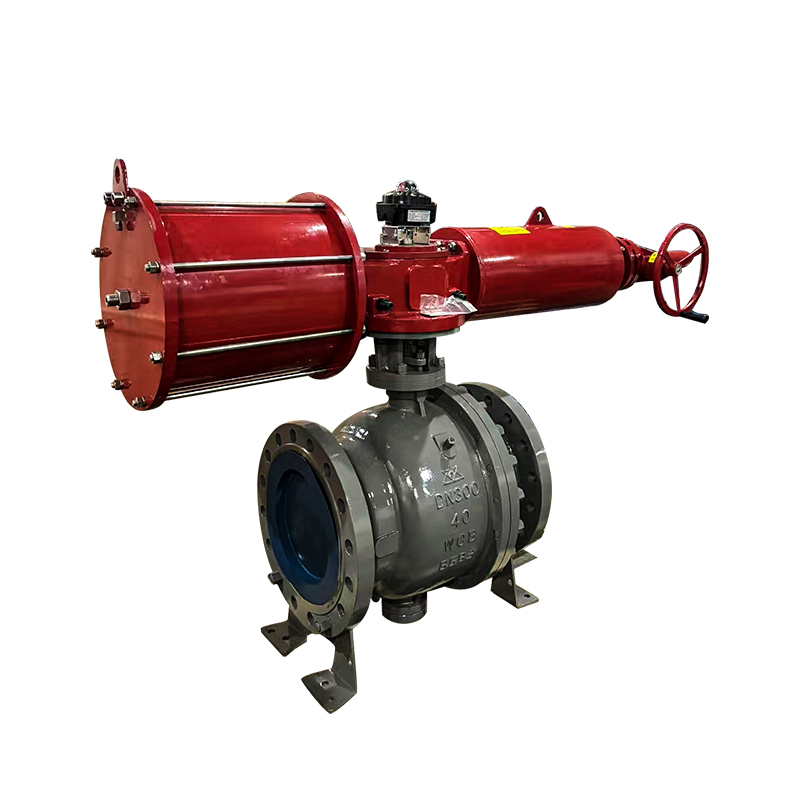
In modern manufacturing and automation, specialized machinery often requires components that are tailored to its unique operating conditions. Among the critical components in pneumatic systems is the fork type pneumatic valve. This valve plays a functional role in controlling airflow and motion, particularly in applications that involve repetitive movement, synchronized operations, or heavy-duty actuation. Customizing the fork type pneumatic valve to match the specific requirements of machinery can significantly improve system efficiency, accuracy, and longevity.
A custom fork type pneumatic valve is typically designed with modifications that accommodate specific mounting configurations, pressure ranges, stroke lengths, or control methods. Unlike standard valves, which are built for general-purpose use, custom versions are engineered to meet detailed specifications, making them better suited for integration into unique systems. In many industries—such as packaging, material handling, or process automation—standard components may not align with the space, timing, or operational demands of specialized machines. This is where a custom fork type pneumatic valve can provide a more compatible and reliable solution.
One advantage of using a customized valve is enhanced synchronization between components. In systems that involve precise timing, such as multi-axis movement or coordinated assembly lines, the fork type pneumatic valve must respond rapidly and consistently to control signals. By adjusting the internal design or actuation method, engineers can fine-tune the valve's performance to meet these expectations. This leads to more consistent cycle times, fewer interruptions, and reduced wear on other components.
Durability is another reason to consider custom solutions. Specialized machinery often operates in challenging environments where temperature, vibration, or exposure to contaminants can affect performance. A fork type pneumatic valve that is modified with corrosion-resistant materials, reinforced seals, or protective coatings is more likely to maintain functionality over time. This means fewer replacements, less downtime, and improved safety.
Custom fork type pneumatic valves also contribute to space and layout efficiency. In many cases, machines are designed with limited space for components, making it difficult to fit standard-sized valves without modifying other parts. Customization allows the valve to match the physical constraints of the machinery, which can simplify installation and reduce the need for adapters or redesigns. Even slight changes in valve dimensions or port orientations can have a meaningful impact on system layout and performance.
Another benefit of customization is improved energy efficiency. A well-designed fork type pneumatic valve can minimize air consumption by controlling airflow more precisely. This is particularly important in systems that run continuously or require high-frequency actuation. By reducing unnecessary air loss and ensuring fast, consistent operation, the valve can help lower operating costs and improve overall system sustainability.
Collaboration with valve manufacturers during the customization process allows for more effective technical support and integration guidance. By clearly defining the functional needs of the equipment, engineers can ensure that the custom fork type pneumatic valve is manufactured to match those needs. This proactive approach reduces the likelihood of compatibility issues and supports faster commissioning of new systems.
Custom fork type pneumatic valves play a valuable role in enhancing the performance of specialized machinery. Whether the goal is improved timing, better durability, space efficiency, or energy savings, these valves offer a tailored solution that supports long-term system reliability. For engineers and manufacturers working with complex or high-demand equipment, investing in a custom valve design can result in measurable improvements in productivity and process control.









